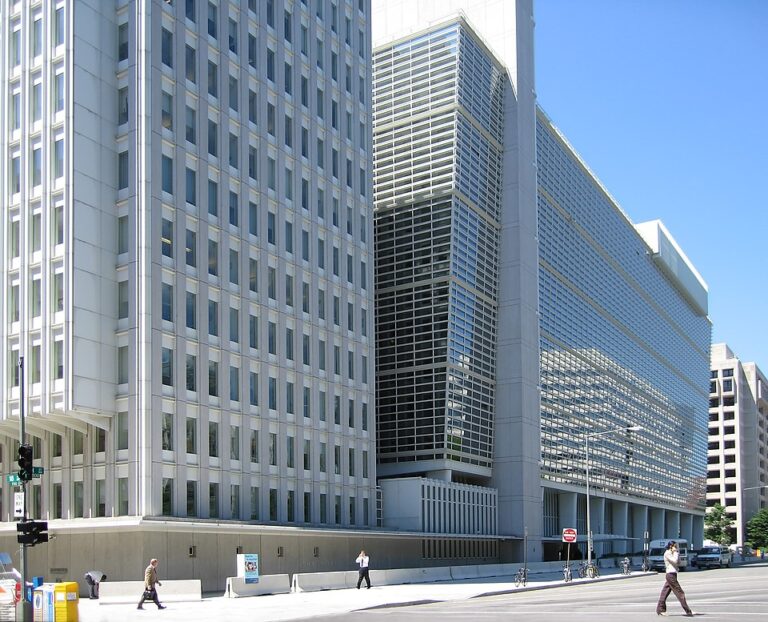At the 2025 IMF/World Bank Spring Meetings in Washington D.C., Nigeria’s Minister of Finance and Coordinating Minister of the Economy, Wale Edun, made a compelling case for stronger financial backing from the International Monetary Fund (IMF) and the World Bank for reform-oriented economies, particularly within Sub-Saharan Africa.
In his address at the G-24 Ministerial Meeting, Edun called for innovative financial instruments that would help economies in Sub-Saharan Africa, including Nigeria, implement bold economic transformation plans. He stressed that it is not enough to merely recognize the reform efforts of these nations; rather, the international financial community must provide affordable, sustainable financing to support long-term economic changes.
A Commitment to Bold Economic Reforms
Edun, who presented Nigeria’s position as both a national representative and the First Vice-Chair of the G-24, highlighted Nigeria’s ambitious reform agenda under the leadership of President Bola Ahmed Tinubu. These reforms, he noted, aim to restore macroeconomic stability, foster inclusive growth, and set Nigeria on a path toward long-term prosperity.
The Finance Minister pointed out that Nigeria’s reform measures include:
-
The removal of fuel subsidies to make the economy more competitive.
-
The unification of foreign exchange windows to improve the efficiency of currency markets.
-
The overhaul of the tax system to broaden the revenue base and improve fiscal efficiency.
“These decisions are not easy,” Edun acknowledged, but emphasized that they are essential for building a resilient and inclusive economy that will benefit all Nigerians in the future.
Supporting Sub-Saharan Africa’s Voice in Global Finance
Edun also commended the IMF’s recent establishment of a third Sub-Saharan Africa Chair, a move seen as enhancing the region’s voice and participation within the global financial institution. He urged the IMF and the World Bank to continue this momentum by ensuring greater African representation in leadership and decision-making roles, thus strengthening the continent’s influence in global economic policies.
“Nigeria is open for business,” Edun declared, reaffirming the country’s commitment to engaging with development partners, investors, and multilateral institutions to advance its economic transformation goals.
The G-24 and Its Role in Global Finance
The G-24 Meeting serves as a crucial forum for finance ministers and central bank governors from developing countries to discuss shared challenges and develop collective solutions. These discussions are particularly important given the current global economic climate, which is marked by tight financial conditions, climate-related vulnerabilities, and geopolitical instability.
Edun’s intervention underscores Nigeria’s continued determination to be at the forefront of shaping global development discourse, aligning its domestic policies with international best practices to ensure stability, growth, and sustainable development for its people.

